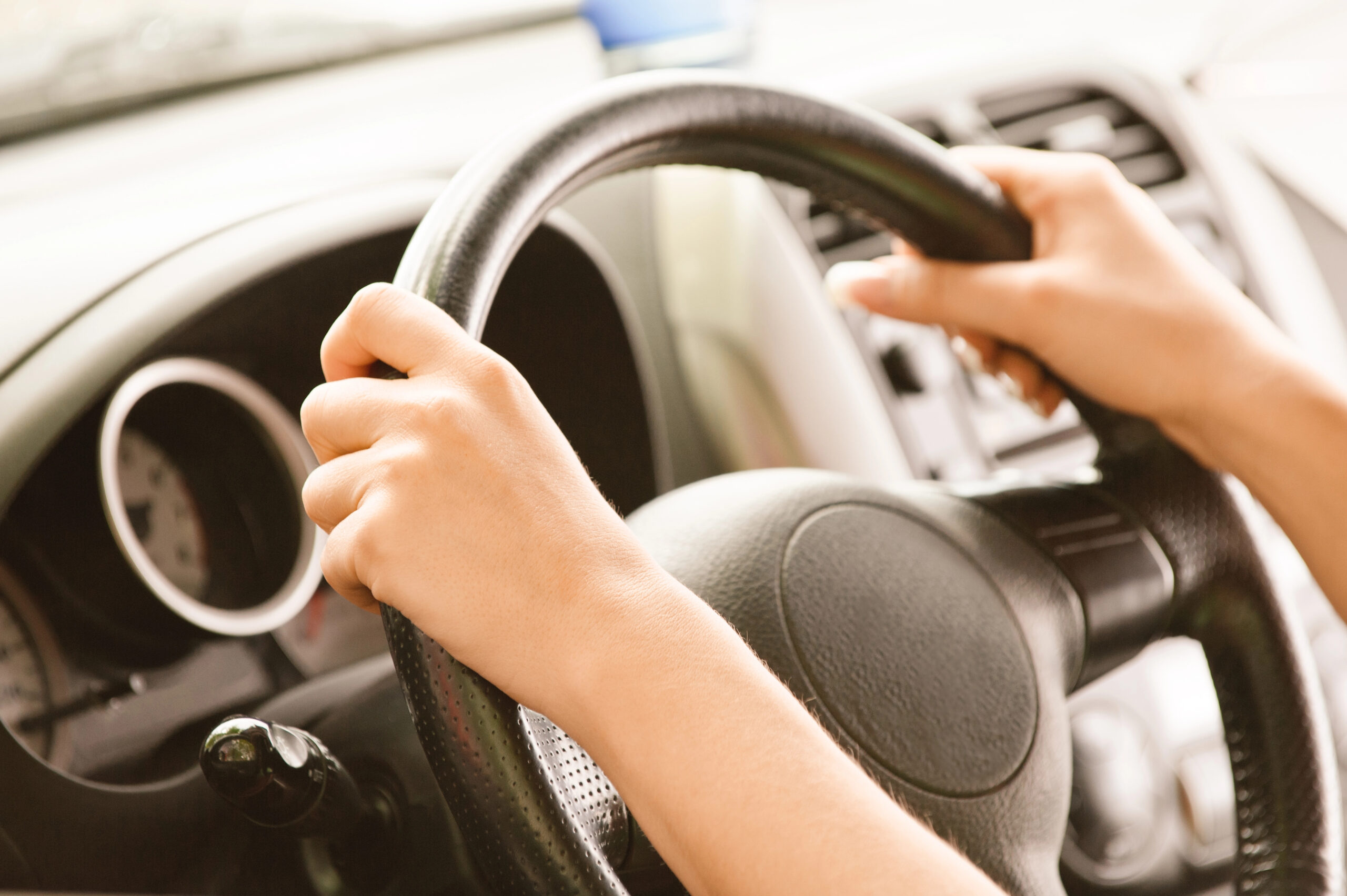Question: Why does my car jerk when coming to a stop?
Answer: Your car may jerk when you come to a stop for several reasons, typically involving your brakes. You may have worn brake pads, warped brake rotors, or faulty brake calipers.
Worn brake pads
Brake pads press against the brake rotors to create the friction necessary to slow down or stop your vehicle. Over time, this friction wears brake pads down, making them less effective.
If you do a lot of city driving, frequently stopping and starting, your brake pads may wear out more quickly. Poor driving habits, like hard braking, can also speed up the wear. And when your brake pads become too worn, your car will start to jerk when you come to a stop.
Cost to repair
You have front brake pads and rear brake pads. If you need to replace either the front or the rear, you might pay between $100 to $300, depending on the make and model of your vehicle and the quality of the pads. If you need to replace them both, double the cost. Ignoring worn brake pads can lead to more serious problems—and increase your chances of having an accident—so it’s best to get them replaced as soon as you notice an issue.
Warped brake rotors
Brake rotors are metal discs that your brake pads clamp down on to stop the wheels. When the rotors are in good condition, they’re smooth, allowing for consistent braking. However, if they become warped, you might experience a jerking sensation when you stop.
Brake rotors warp over time, but they can also be warped by excessive heat. Rotors get too hot if you brake too hard too often or if you drive down steep hills frequently, requiring constant braking.
Cost to repair
If your rotors are warped, you have two options: resurfacing or replacing them. Resurfacing can cost around $15 to $40 per rotor, while each replacement rotor might set you back $30 to $75. If rotors are too thin to be resurfaced, replacement is the only option.
Faulty brake calipers
Brake calipers are the components that house your car’s brake pads and pistons. They press the pads against the rotors to create the friction needed to stop your vehicle. Brake calipers can become faulty due to corrosion, debris, or simply wear and tear. And if your brake calipers aren’t working correctly—for example, by becoming stuck or seizing—they can cause a jerking sensation.
Cost to repair
Repairing or replacing faulty brake calipers can be a bit more expensive than replacing other parts of the braking system. A single caliper can cost as much as $130, and many cars have four.

Sarah Gray is an insurance writer with nearly a decade of experience in publishing and writing. Sarah specializes in writing articles that educate car owners and buyers on the full scope of car ownership—from shopping for and buying a new car to scrapping one that’s breathed its last and everything in between. Sarah has authored over 1,500 articles for Jerry on topics ranging from first-time buyer programs to how to get a salvage title for a totaled car. Prior to Jerry, Sarah was a full-time professor of English literature and composition with multiple academic writing publications.

Alice Holbrook is an editor with more than a decade of experience covering personal finance, including car insurance. She\\\’s passionate about creating easy-to-understand content that demystifies intimidating topics for readers. Previously, she worked for NerdWallet, and her work has been featured by Newsweek, The Washington Post and the Associated Press, among others.








